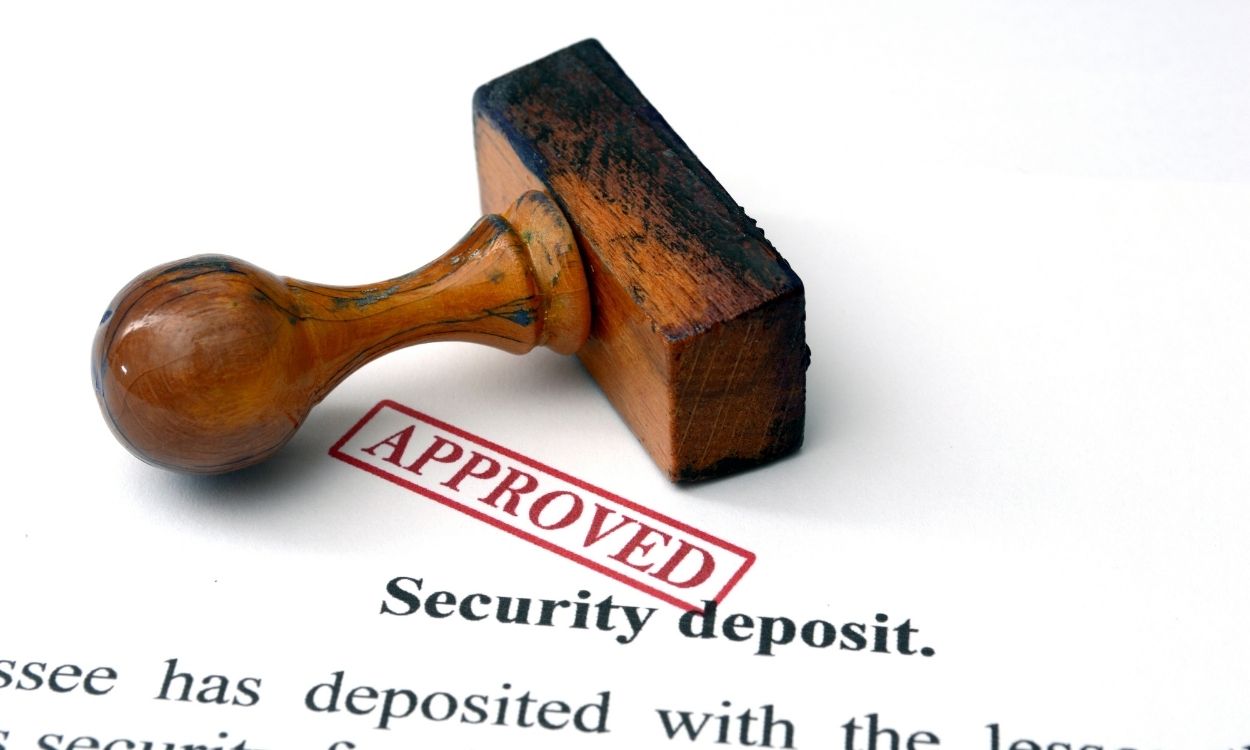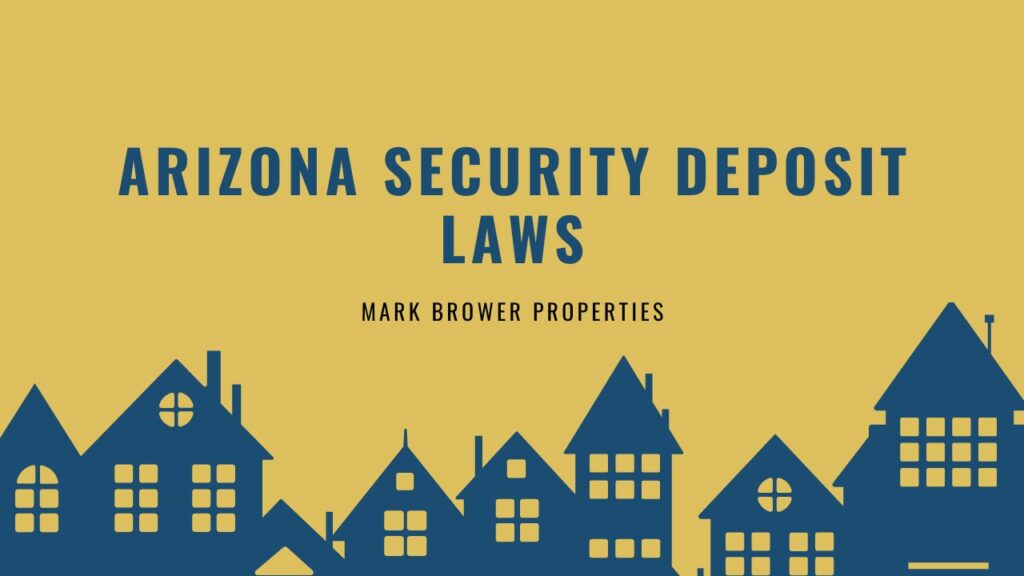For Arizona landlords, requiring a security deposit before a tenant can move in comes with several benefits. Including, helping cover unpaid utilities, lost rent payments, and excessive property damage upon move-out.
That said, in Arizona, landlord-tenant laws state you must abide by certain responsibilities when collecting security deposits from a tenant. Arizona landlords must, for instance, charge the right amount, only make legitimate deductions, and provide accurate security deposit returns. In this blog, you’ll learn all the basics of the state’s security deposit laws!
Security Deposit Limits in Arizona
As an Arizona landlord, you must abide by a certain limit when charging Arizona tenants a security deposit. Arizona security deposit laws, specifically, require that the maximum limit be the equivalent of 1.5X the monthly rent. So if, for example, the rent is $1,000 a month, then the maximum security deposit to ask the tenant would be $1,500.
Note that Arizona law permits landlords to ask for advance rent. That is both the first and last month’s rent. And whereas such payment isn’t a security deposit, landlords often require it before a tenant can move in.
Nonrefundable Deposits Under Arizona Security Deposit Laws
Arizona landlords are allowed to charge their tenant a non-refundable security deposit. But if a landlord chooses to do this, they must explain the purpose of the security deposit to the tenant. A landlord must do this before the tenant moves in, ideally by having a term in the lease or rental agreement.

If the landlord fails to do so, they must return all undesignated fees and deposits to Arizona tenants after they move out. Examples of nonrefundable fees include pet deposits, cleaning fees, and lease or rental agreement buyout fees.
Required Storage of Security Deposits
Some states impose specific rules on how landlords must store their tenants’ security deposits. This is not the case for Arizona landlords. The state law doesn’t require landlords to follow any specific rules when storing their renter’s security deposit. A landlord doesn’t even have to keep it in a financial institution.
Matter of fact, a landlord may be able to use part of it during the term of the lease for specific situations spelled out in the signed lease agreement. In such a case, however, the landlord must have the funds available to the tenant after they move out.
Providing a Tenant with a Receipt of the Security Deposit
Under Arizona law, landlords must provide and/or disclose certain information to a tenant. This includes furnishing the tenant with signed copies of the lease agreement, security deposit receipt, and move-in checklist form. The tenant will then need to use the move-in form to jot down any existing damages they find when moving in. This will help reduce disputes about the return of the security deposit at the end of the tenancy.

Conducting Move-Out Inspections
As a landlord, you must conduct a move-out inspection before the tenant can move out of the property. The tenant has a right to be present during the inspection if they let you know of their intention to be present in advance.
The goal of the inspection is to compare the initial and the present condition of the property. This can help you determine whether the tenant is responsible for any property repairs or damages that exceed standard wear and tear. Below is a basic overview of what goes on during a walk-through/ move-out inspection:
- Going through every room to ascertain the condition of things like walls, floors, appliances, and electrical outlets.
- Testing everything to ensure it is working as it should. This can include toilets, faucets, and light switches.
- Documenting damages using detailed descriptions and photos.
- Fill out a checklist that covers everything inspected.
Security Deposit Deductions an Arizona Landlord Can Make
A landlord may be able to make deductions to a tenant’s security deposit to cover certain things including unpaid rent, utility fees, cleaning fees, and damage beyond standard wear and tear.
The state of Arizona doesn’t have a formal definition of “normal wear and tear” within its state statutes. That being said, the general definition still holds. Normal wear and tear refers to the expected, gradual deterioration of a property due to normal use. Examples of normal wear and tear on a rental property include minor paint scuffs, worn carpets, and faded blinds from sunlight.

Damage beyond normal wear and tear is a serious type of rental property damage that a landlord can hold the tenant liable for fixing. This type of damage occurs due to unreasonable tenant actions or neglect. Examples of damages beyond normal wear and tear include ripped furniture upholstery, broken appliances, and significant water damage on the floor.
Security deposit deductions involving damages exceeding normal wear and tear are often a source of conflict between Arizona landlords and tenants, though. To minimize such conflicts, make sure to spell out exactly what deductions you can make to the Arizona security deposit and ensure that everything aligns with the Fair Housing Laws.
Required Return Dates for Security Deposits
Arizona landlords must return part or all of the tenant’s security deposit after the tenant moves out. In Arizona, this time frame is 14 days from the lease termination date. The 14 days don’t factor in holidays or weekends.
A landlord must send the security deposit portion to the tenant via first-class mail to their last known mailing address. If you’ve made deductions to the security deposit, you must send an itemized list of the deductions alongside the portion you’re returning.
Bottom Line
Landlords must follow Arizona’s security deposit laws when requiring a security deposit from a tenant. Failure to do so has the potential to dent your bottom line severely.
Do you have a question or need expert help in managing your Arizona rental property? If so, then look no further than Mark Brower Properties. Contact our property management company today to learn more about our services!
Disclaimer: Please note that the information provided in this blog is intended for general guidance and should not be considered as a replacement for professional legal advice. It is important to be aware that laws on property management may change, rendering this information outdated by the time you read it.






